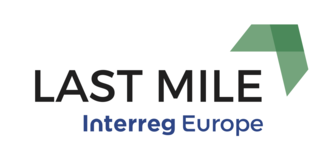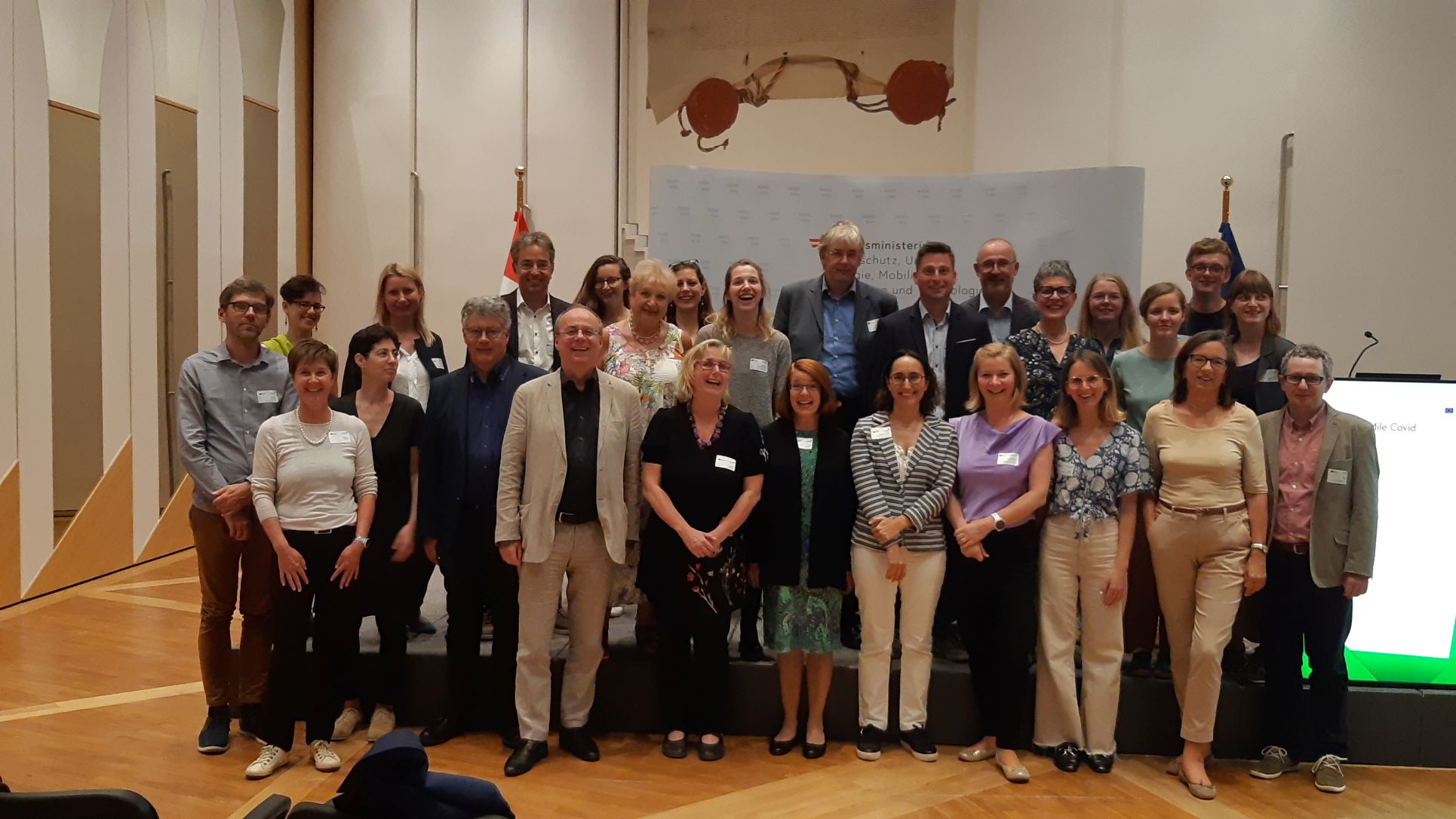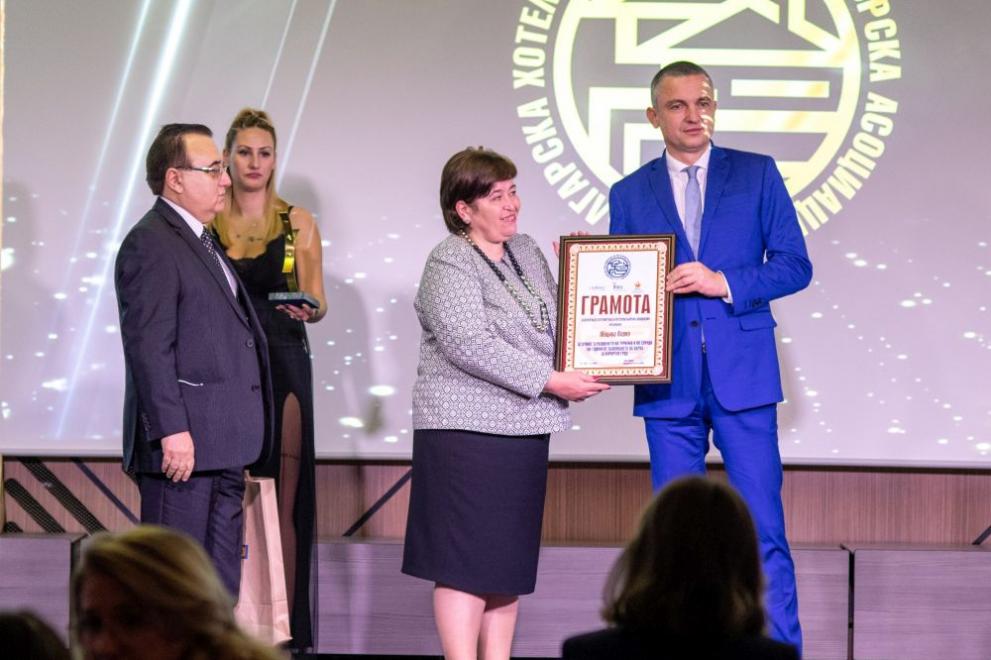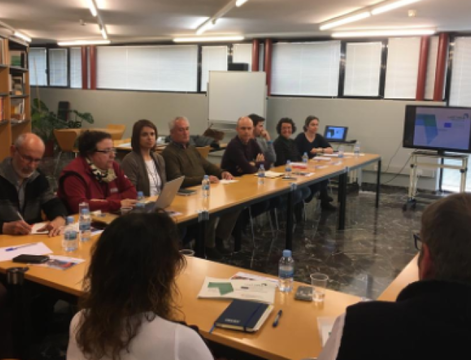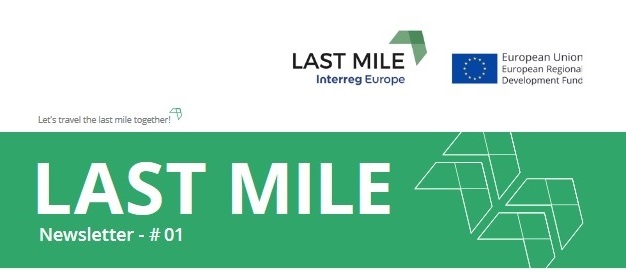The Interreg Europe project LAST MILE, which aims to find sustainable flexible solutions to travel the ‘last mile’ in tourism regions, has published the synthesis from the 1st phase of the project. This synthesis presents a summary of the most important conclusions, observations and recommendations developed. All this is based on the Analysis of national and regional framework conditions and barriers of flexible transport, on the Analysis of Technical State-of-the-Art of regional public transport systems and particularly flexible systems and the Good Practice Evaluation. These analyses had been conducted during the first two and a half year of the LAST MILE project.
The synthesis shows that in the case of good practices and framework conditions examined by the LAST MILE project, most of the success factors contributing to the effective implementation of the solution are related to fields such as financing, legal situation, cooperation building and proper needs diagnosis.
In response to this, recommendations developed by the LAST MILE project indicate areas in which specific measures may support the implementation of flexible transport systems. In terms of legislation and legal conditions, the national laws pertaining to transport should be updated. New laws should provide definitions of FTS and its role and position in the transport policy of a given country. This will allow the use of FTS as an integral part of public transport systems. In order to ensure permanent and comprehensive implementation of FTS, such solutions should first be reflected in developed and updated strategic transport policy documents.
This applies in particular to the Sustainable Urban Mobility Plan as an instrument that can be adjusted to the needs of rural, peripheral or tourist areas. At the same time, it should be emphasized that the effectiveness of those plans and strategies depends, among others, on the connection with financing instruments, such as Regional Operational Programmes. These programmes can support the implementation of tasks specified in policy documents. In the next EU financial perspective, Regional Operational Programmes should include support for FTS as a part of mobility policies.
It should also be mentioned that the promotion of FTS, as well as financial and institutional support for their creation should be initially provided by institutions and administrations at regional level, since they enjoy a wide range of competences and capabilities in the area concerned.
The prepared synthesis of the regional reports and its results provided regional partners with a basis for the development of their Regional Action Plans and the implementation of these in the second phase of the project. Conclusions and recommendations are addressed to entities at various decision-making levels to allow for more precise implementation of measures supporting the development of FTS and emphasizing their possible role in public transport systems. In addition, the document is also used as reference for publications summarizing the first phase of the LAST MILE project. On its basis, an information brochure was prepared, which consists of a shorter version of the synthesis. The brochure will be available in English and the official partner languages.
Find the brochure at : https://www.interregeurope.eu/fileadmin/user_upload/tx_tevprojects/library/file_1538054976.pdf
